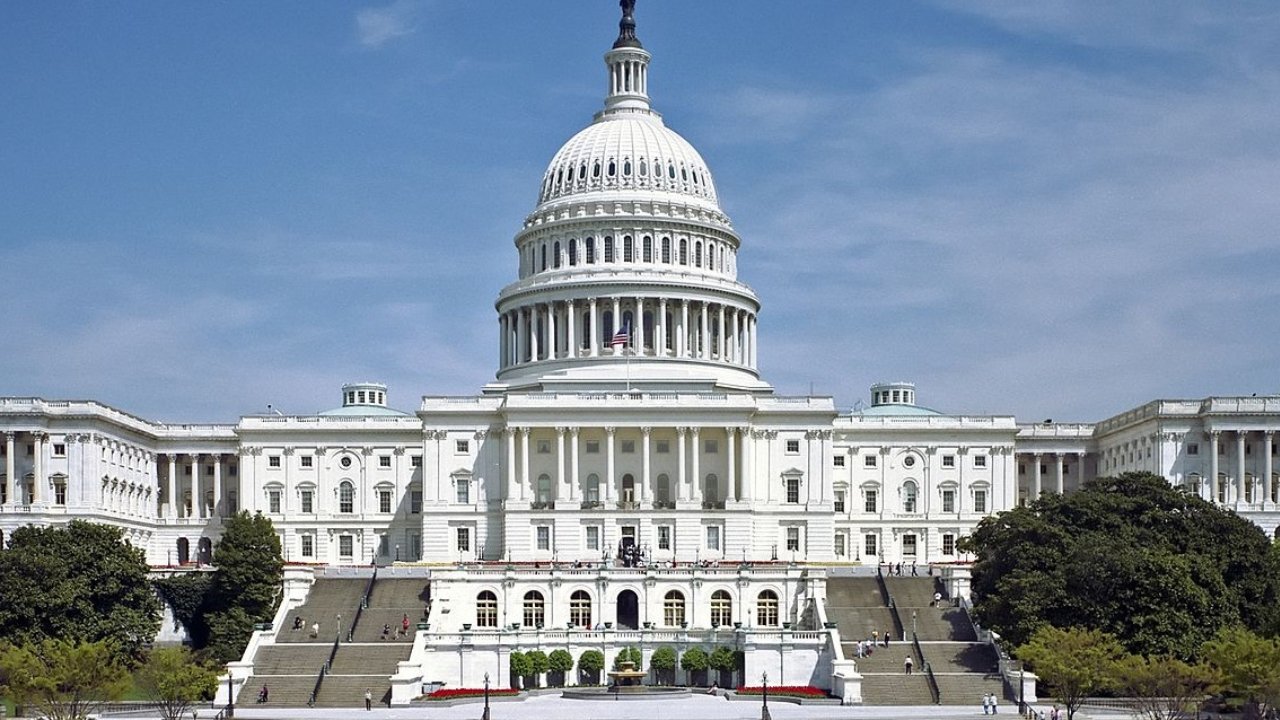
A series of new bills is set to be launched by House Democrats against Big Tech firms, including proposals to prohibit companies like Apple from locking-in users, or promoting their own services.
As the government moves to increase US technology manufacturing, a package of five bills is reportedly about to be presented which will place strong limits on Big Tech firms.
According to Politico, House Democrats intend that the new bills address key concerns about anticompetitive behavior.
These include conflicts of interest, which if passed into law could enable the DOJ or the FTC to break up dominant platforms that give preferential promotion to their own services. Another bill concerning non-discrimination is also about preventing this “self-preferencing” practice.
Politico says that this non-discrimination bill is aimed at both Apple with its App Store, and Amazon with its own Marketplace.
A third bill in the package covers data portability, and would require companies to make it easy for users to move their data to rival services. Then a fourth about mergers aims to prevent firms acquiring rivals simply to remove a competitor.
Finally, a fifth bill is also concerned about mergers. Specifically, it wants to see an increase in the fees paid to antitrust agencies when reviewing mergers.
According to Politico, the as-yet unannounced bills would require the Justice Department or FTC to define “covered platforms,” the companies who would be subject to these potential laws. The proposed definition is that they be firms with at least half a million users in the US, and at least $600 billion in revenue or market cap.
The companies would also have be a “critical trading partner” for other businesses, such as how Apple provides an App Store for developers.
“This is a significant change,” William Kovacic, former FTC chair, told Politico. “This is not traditional antitrust law. This is a broader concept of competition policy that borrows some antitrust concepts, but relies on a broader notion on what behavior for individual firms is inappropriate.”
Luther Lowe, senior vice president of public policy at Yelp, told the publication that he approves of the plans. “[This is] deeply important for the health of the internet marketplace,” he said.
“There’s no technical reason a service like Google Maps can’t be powered by higher quality third party services like TripAdvisor and Yelp, and this legislation would facilitate such interoperability,” continued Lowe.
“Big Tech-funded front groups like the Chamber of Progress will use scare tactics to suggest these bills will result in consumers losing access to services,” he said, “[and] nothing could be further from the truth.”
However, the Chamber of Progress lobbying group’s Adam Kovacevich claimed that, if enacted, these proposals would force popular services like Prime free shipping to end.
“Banning conveniences like Amazon Basics brand batteries, Apple’s Find My Phone tool, or Google Maps appearing in Google search results are ideas that would spark a consumer backlash,” Kovacevich told Politico. “These proposals inexplicably target a bunch of technological conveniences that most people really like.
Kovacevich’s group was founded in 2020. It is supported by Amazon, Facebook, and Google, amongst others.
Follow all the details of WWDC 2021 with the comprehensive AppleInsider coverage of the whole week-long event from June 7 through June 11, including details of all the new launches and updates.
Stay on top of all Apple news right from your HomePod. Say, “Hey, Siri, play AppleInsider,” and you’ll get latest AppleInsider Podcast. Or ask your HomePod mini for “AppleInsider Daily” instead and you’ll hear a fast update direct from our news team. And, if you’re interested in Apple-centric home automation, say “Hey, Siri, play HomeKit Insider,” and you’ll be listening to our newest specialized podcast in moments.